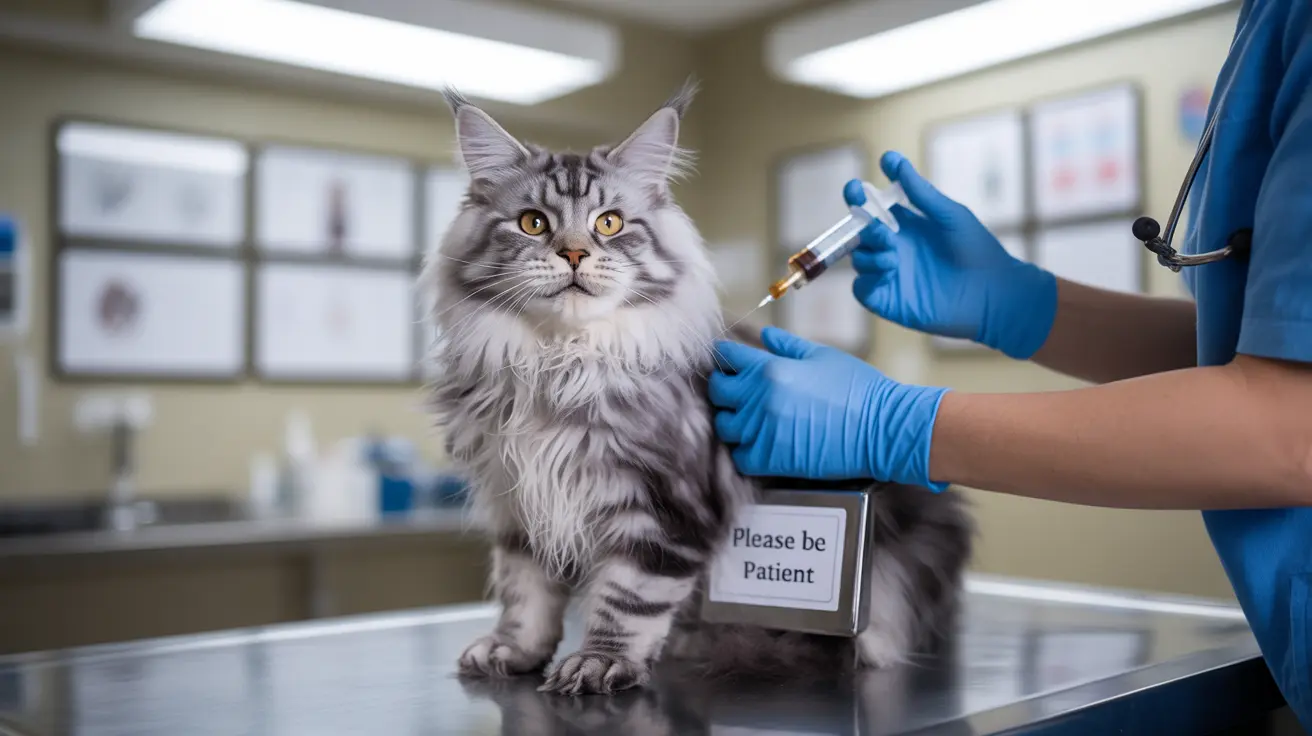Understanding Activated Charcoal Treatment for Cats
When faced with pet poisoning emergencies, activated charcoal for cats serves as a crucial veterinary intervention that can mean the difference between life and death. This specialized form of carbon works by binding to toxins in your cat's digestive system, preventing them from being absorbed into the bloodstream and potentially causing severe harm.
While activated charcoal is a powerful tool in veterinary medicine, it's essential to understand that this treatment must only be administered under professional supervision. This comprehensive guide will explore how activated charcoal works, when it's most effective, and why proper veterinary care is crucial for your cat's safety.
How Activated Charcoal Works in Feline Poisoning Cases
Activated charcoal functions through a process called adsorption, where toxic substances bind to its highly porous surface. This specialized form of carbon has been treated to create millions of tiny pores, dramatically increasing its surface area and binding capacity.
When administered to cats, the activated charcoal travels through the digestive system, attracting and trapping various toxins along the way. These bound toxins are then safely eliminated through the cat's feces, preventing them from entering the bloodstream and causing systemic damage.
When Is Activated Charcoal Most Effective?
The timing of activated charcoal administration is crucial for its effectiveness. Generally, it works best when given within the first hour after toxin ingestion, though it can still provide benefits up to four hours post-exposure in some cases.
Activated charcoal is particularly effective against common household toxins including:
- Over-the-counter medications
- Prescription drugs
- Various pesticides
- Toxic plants, especially lilies
- Certain household chemicals
Professional Administration and Safety Protocols
Veterinarians follow strict protocols when administering activated charcoal to cats. The process typically involves:
- Careful assessment of the type of toxin involved
- Evaluation of the cat's current health status
- Consideration of the time elapsed since toxin exposure
- Selection of appropriate dosage and administration method
Professional administration is crucial because the wrong technique or timing can lead to serious complications, including potentially fatal aspiration pneumonia if the charcoal enters the lungs.
Important Limitations and Contraindications
Despite its effectiveness, activated charcoal isn't suitable for all poisoning cases. It's ineffective against:
- Alcohols and petroleum products
- Heavy metals like lead or mercury
- Caustic substances
- Xylitol poisoning
Additionally, activated charcoal should never be given to cats with:
- Neurological symptoms
- Severe dehydration
- Gastrointestinal blockages
- Difficulty swallowing
Frequently Asked Questions
What toxins in cats can activated charcoal effectively treat, and which substances does it not work on?
Activated charcoal effectively treats poisoning from medications, pesticides, and toxic plants. However, it's ineffective against alcohols, heavy metals, caustic substances, and xylitol. Your veterinarian will determine if activated charcoal is appropriate based on the specific toxin involved.
How is activated charcoal safely administered to cats after toxin ingestion?
Activated charcoal must be administered by a veterinary professional, typically through an oral syringe or feeding tube. The procedure often requires careful positioning and sometimes sedation to prevent aspiration and ensure proper delivery.
What are the potential side effects and risks of giving activated charcoal to cats?
Common side effects include vomiting, constipation, and black stools. More serious risks include aspiration pneumonia, dehydration, and electrolyte imbalances. These risks are managed through proper veterinary administration and monitoring.
Why should activated charcoal only be used under veterinary supervision for cats?
Professional supervision is essential because incorrect administration can lead to life-threatening complications. Veterinarians can properly assess whether activated charcoal is appropriate, determine correct dosing, and safely administer the treatment while monitoring for complications.
How soon after my cat ingests a poison should activated charcoal be given for it to be effective?
Activated charcoal is most effective when administered within the first hour after toxin ingestion, though it may still provide benefits up to four hours post-exposure. Immediate veterinary care is crucial for the best outcome.
Conclusion
While activated charcoal for cats is a valuable emergency treatment for certain types of poisoning, its success depends entirely on proper veterinary administration and timing. If you suspect your cat has ingested something toxic, contact your veterinarian or emergency animal poison control immediately rather than attempting home treatment.






